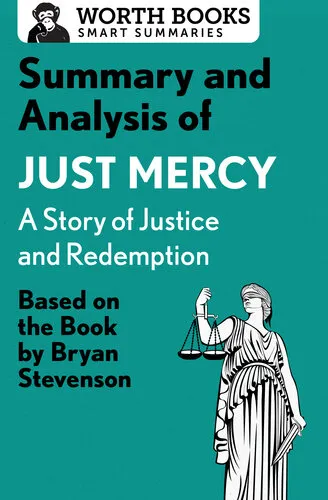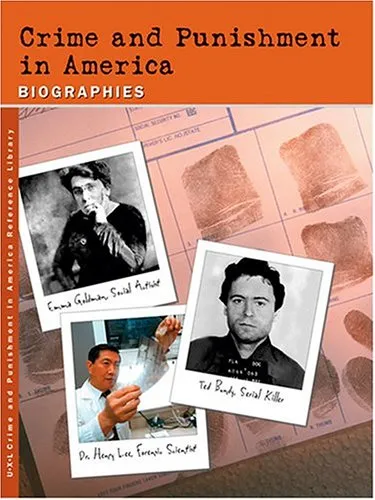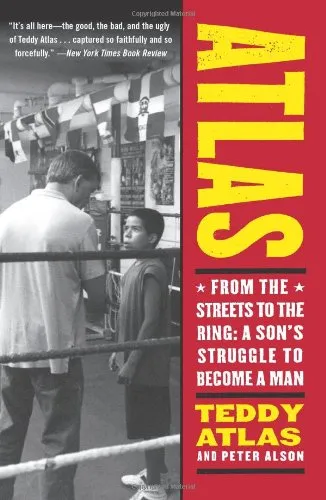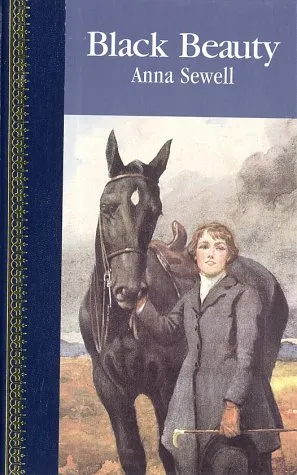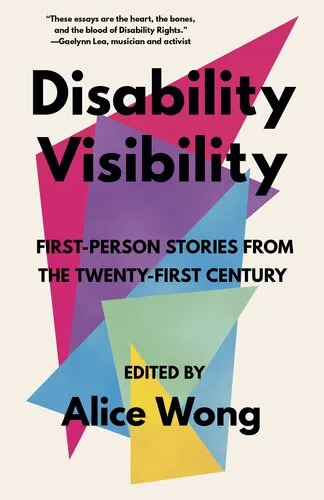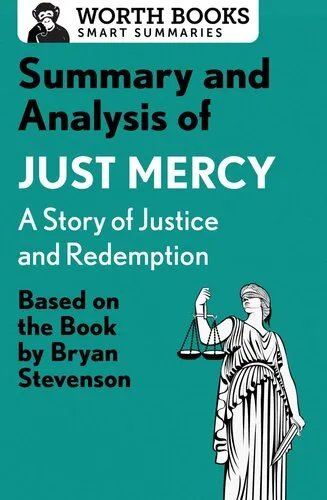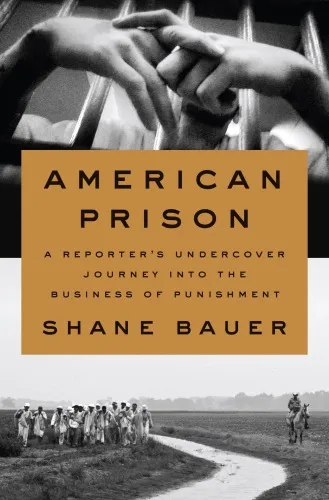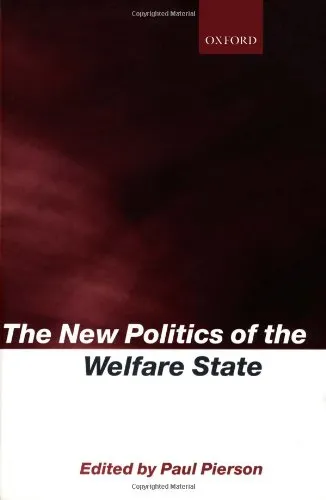Summary and Analysis of Just Mercy: A Story of Justice and Redemption: Based on the Book by Bryan Stevenson
3.0
Reviews from our users

You Can Ask your questions from this book's AI after Login
Each download or ask from book AI costs 2 points. To earn more free points, please visit the Points Guide Page and complete some valuable actions.Related Refrences:
Introduction
Bryan Stevenson’s "Just Mercy: A Story of Justice and Redemption" sheds light on the profound injustices within the American criminal justice system. As both a memoir and a call to action, the book provides a deeply moving account of systemic inequality, racial discrimination, and the struggle for justice. In this book, we explore themes of hope, mercy, and the relentless pursuit of equity. This introduction will guide you through a comprehensive analysis, offering a deeper understanding of Stevenson's impactful narrative and its significance in today's society.
Detailed Summary of the Book
“Just Mercy” is a poignant narration of Bryan Stevenson’s experiences as a young lawyer and the founder of the Equal Justice Initiative. The book intricately weaves together real-life stories of men, women, and children who found themselves ensnared in an unforgiving legal system. The central story revolves around Walter McMillian, a Black man wrongfully convicted of murder and sentenced to death in Alabama. Through Stevenson’s persistent advocacy, the book exposes the systemic failures that contribute to wrongful convictions, emphasizing the impact of racial bias and inadequate legal representation.
Throughout the book, Stevenson shares his encounters with various individuals marginalized by society. These narratives highlight issues such as mass incarceration, solitary confinement, juvenile incarceration, and capital punishment. Stevenson’s firsthand accounts underscore the urgency of reforming the justice system, pushing for a more compassionate and humane approach to punishment.
Key Takeaways
This analysis of "Just Mercy" offers valuable insights into the core issues addressed in the book. Key takeaways include:
- The pervasive influence of racial inequality within the judicial system.
- The importance of providing adequate legal representation for the indigent and those on death row.
- The dehumanization associated with the criminal justice system and its impact on both individuals and communities.
- The power of empathy and the need for a justice system that employs mercy as a guiding principle.
- The moral imperative to advocate for vulnerable, marginalized, and disenfranchised populations.
Famous Quotes from the Book
Bryan Stevenson's "Just Mercy" is replete with compelling and thought-provoking quotes. Some of the most memorable include:
"Each of us is more than the worst thing we’ve ever done."
"The true measure of our character is how we treat the poor, the disfavored, the accused, the incarcerated, and the condemned."
"The death penalty symbolizes whom we fear and what we hate most."
Why This Book Matters
"Just Mercy" is much more than a recounting of legal battles. It is a clarion call for reform, offering readers an unvarnished look at systemic issues that continue to plague the American justice system. Stevenson’s work inspires individuals to engage in the pursuit of justice and equality, no matter how daunting the task may seem. The book is crucial for understanding the broader dialogue about race, inequality, and the ethics of punishment in society.
The narrative challenges readers to think critically about their perceptions of crime and punishment, urging an embrace of empathy and mercy. "Just Mercy" not only informs but also galvanizes a collective effort to bring about meaningful change in the system, advocating for a vision of justice that is both fair and redemptive.
This book serves as a powerful reminder that justice is not solely a legal endeavor but a moral one, demanding the best of our humanity.
Free Direct Download
You Can Download this book after Login
Accessing books through legal platforms and public libraries not only supports the rights of authors and publishers but also contributes to the sustainability of reading culture. Before downloading, please take a moment to consider these options.
Find this book on other platforms:
WorldCat helps you find books in libraries worldwide.
See ratings, reviews, and discussions on Goodreads.
Find and buy rare or used books on AbeBooks.
1440
بازدید3.0
امتیاز0
نظر98%
رضایتReviews:
3.0
Based on 0 users review
Questions & Answers
Ask questions about this book or help others by answering
No questions yet. Be the first to ask!
